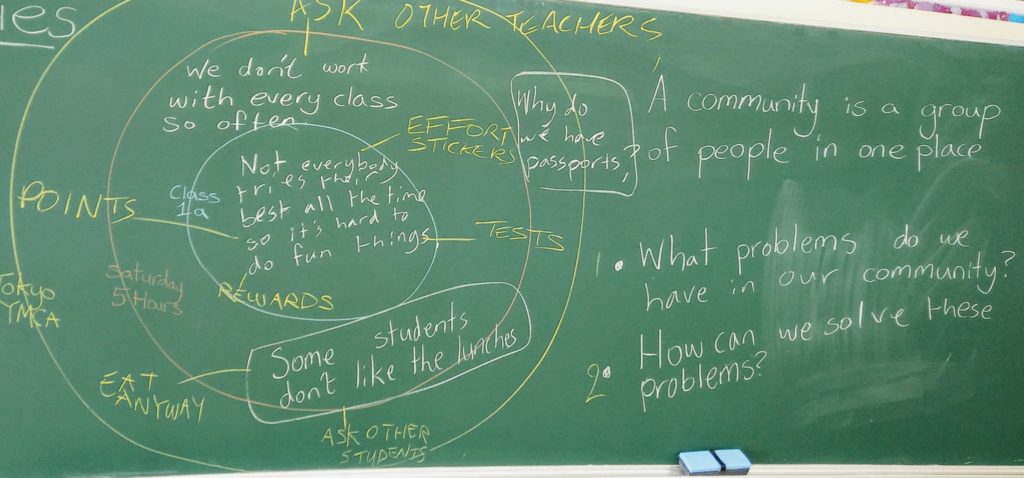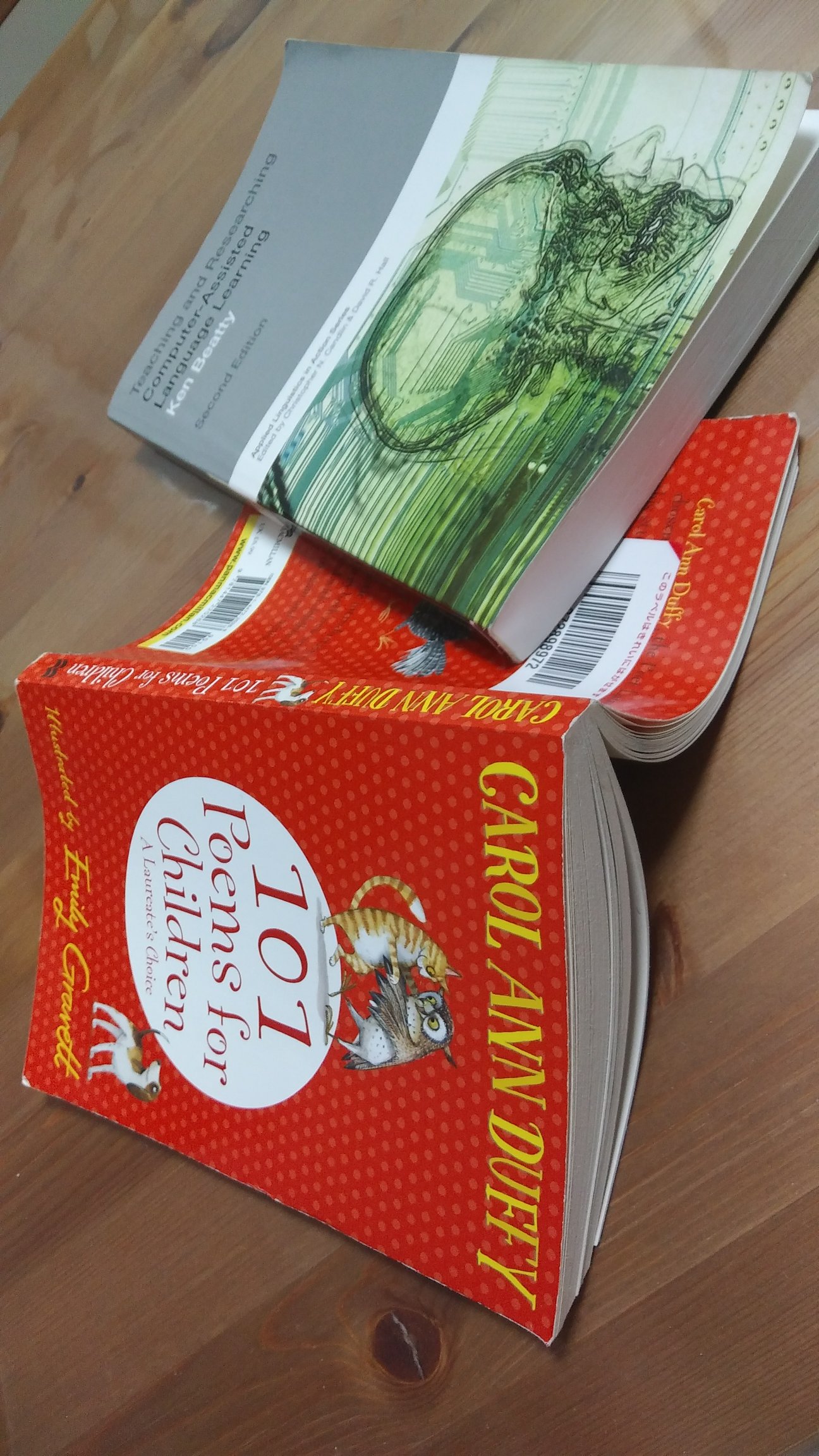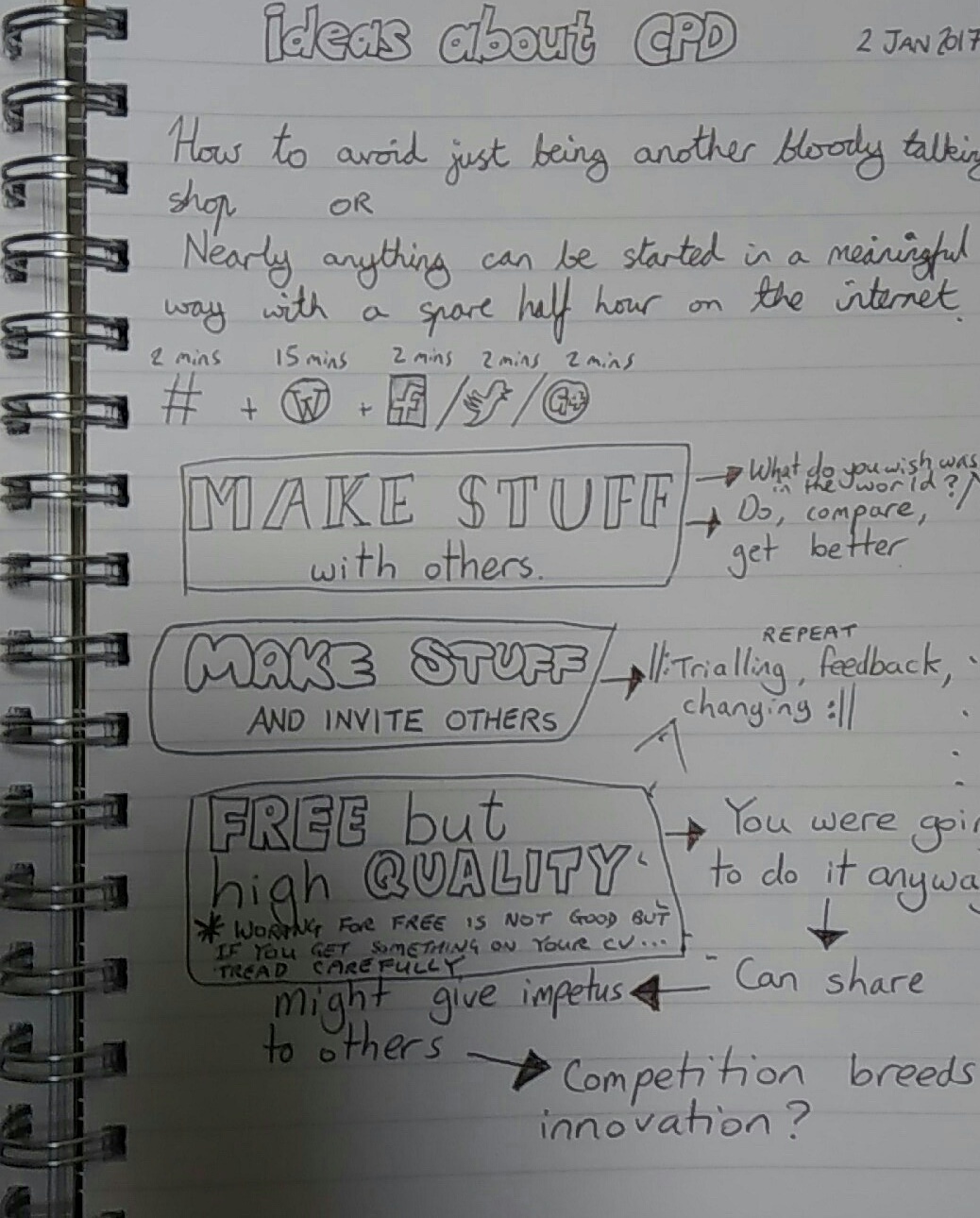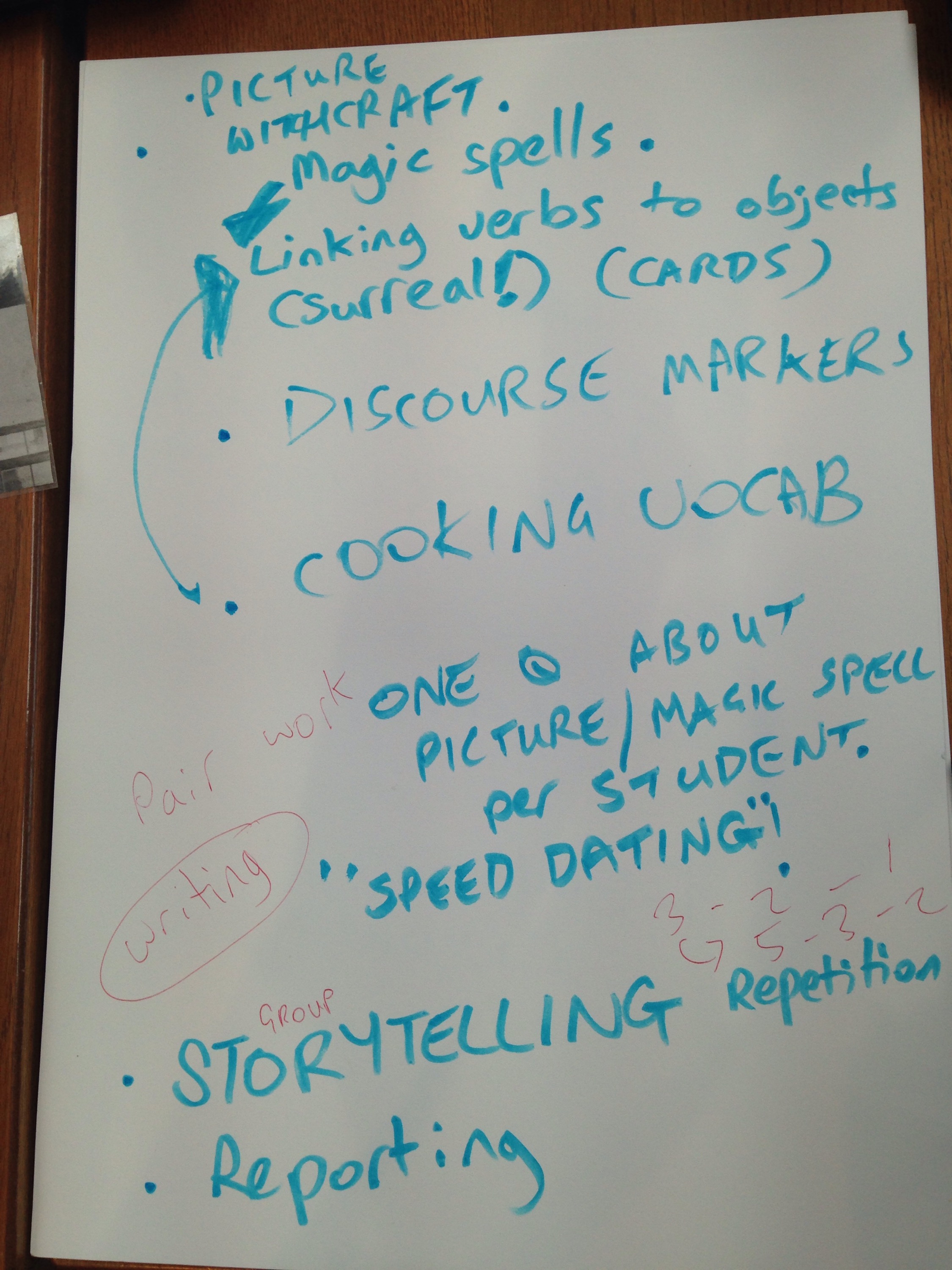Today loads of stuff has been in my Twitter feed about conferences. My fellow socio at Cooperativa de Serveis Lingüístics, Tom Flaherty was asking why ResearchED Scotland can be so reasonably priced when other educational conferences (and I’m reading between the lines here but I reckon he means English Language Teaching conferences) are so expensive. One of my favourite JALTers, Louise Ohashi was sending out a survey about conferences. And then as part of my prep for a research degree, I was reading posts on The Research Whisperer, when I read this one about the negative aspects of academic conferences.
I have posted about the negatives of conferences (or the, why not post your research), before. Instead of retreading old ground when there are hyperlinks in the last sentence, let’s have a real think about the ELT conference.
Working Papers?
I look at loads of ELT conference lineups both in Japan and abroad, because I like to download the slides if they’re up and/or follow the Twitter hashtags. I’m going to make a bold claim here, and I’d love to be wrong, but it seems that there is a complete absence of working papers shared at conference. This is a bad thing, I think, because it means that there is only completed research being presented which means, to all intents and purposes, the presenter has made up their mind. This means that there is no dialogue, just the illusion of dialogue. People pay money for other people to pay someone else’s money to talk at them. There has to be some better way to facilitate professional development and/or vocational learning.
Sharing is caring?
Ah, but Marc, what of the shared practices? I think it could be good, but are you getting enough information to be able to replicate the good bits and also avoid the potential pitfalls. Hopefully yes, but perhaps not because nobody wants to look like a failure in front of strangers and acquaintances a lot of presenters might be giving the most optimistic look at their stated classroom practices (which might be very different to what actually happens).
Labcoat envy
I think the heart of the matter is that ELT wants to be a science, so that it is a serious academic discipline (and I want this, too). Unfortunately, I do not see that half of ELT is fond of the science that supposedly informs it, be that SLA, psychology/cognitive neuroscience, or even applied linguistics. This is down to the schism, (or “schizophrenia” as Paul characterises it but it’s not a term I’m fond of) between professional ELT (where I would like to think I work) and industrial ELT (or selling coursebooks to anybody, whether suited to them or not). But because it wants to be a serious discipline, it needs conferences. Unfortunately, professional ELT has no money to spare, really, so it’s left to industrial ELT to foot the bill. Industrial ELT doesn’t want to unless there’s some kind of return on investment so you have big commercial conferences to enable publishers to flog books and organisations to flog courses and study abroad options and whatnot.
To have and have not
I’ve been to small conferences. I’ve helped a little bit with the logistics of ExcitELT, too. However, most of the English teachers I know in my small corner of Tokyo have never been to a conference nor have even dreamt of it. There’s the cost, for one; the needing time off for another, seeing as most conferences happen on weekends and most English teachers outside school and university contexts work weekends. Add to this, relationships with partners, family and friends as well as just the need to wash clothes and have a clean home. Add to this the fact that a lot of teachers just do not get paid to plan lessons or do admin that we are promised is quick but actually mounts up and you have a mass of teachers with too much on already to even think about conferences on their days off.
Alternatives
I do think it’s high time that we looked, as a profession, at alternatives to this. What could it be? As much as I hate Silicon Valley’s hegemonic grip on culture at the moment, a hackathon – a concerted effort to create something worthwhile – would be a useful idea. Imagine actually creating useful listening materials together with a peer group, then going away and refining them. A round table, where people really share their ideas and experiences would be helpful because that information can then be synthesised and mediated through our own ideas and experiences, and honestly, with an exchange of knowledge I think people would be more amenable to sharing what hasn’t worked as well as what has. These are only two ideas late at night but I know that there could also be a larger number of workshops (with actual work being done and gathered and distributed) and discussions. I think these could be better returns on teacher investment than conferences, which considering ticket prices and travel, work out less economical than an academic book for a lot of us.




